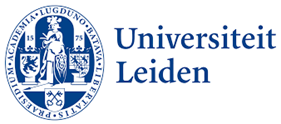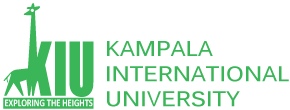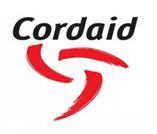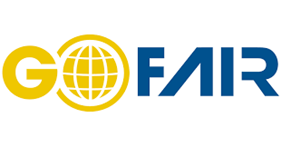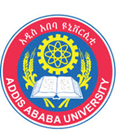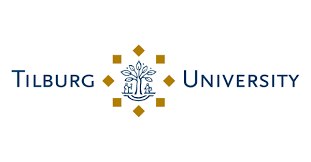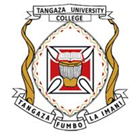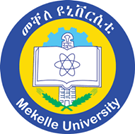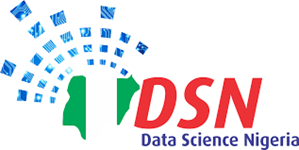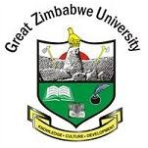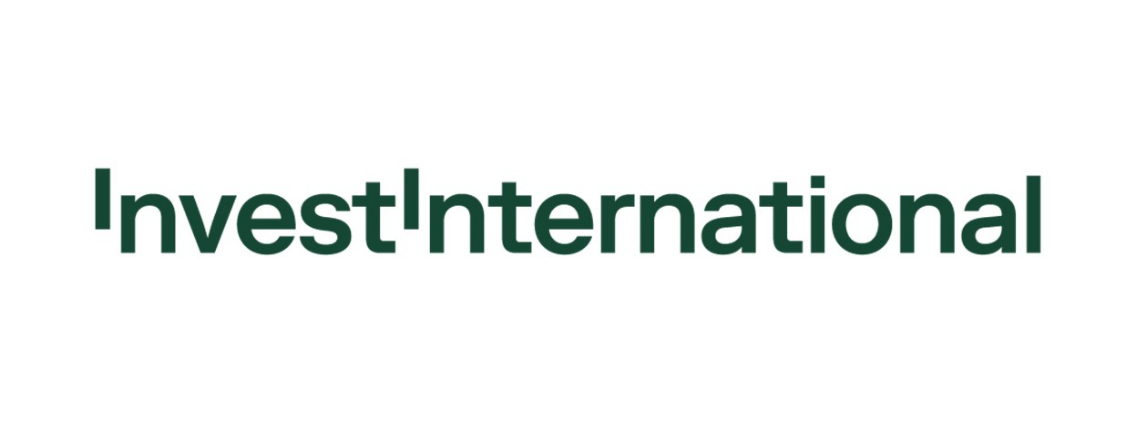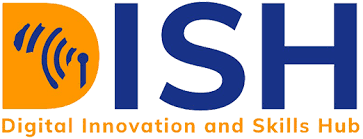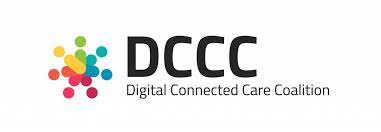Railway Industrial Clinic, North-Central Nigeria Produces Machine-Actionable Semantic Data For Africa Federated Health Space
At the core of VODAN Africa's mission is Quality Data Production that will remain at the health facility where it was produced and ensure data ownership. This was demonstrated by Railway Industrial Clinic, one of the health facilities recognized by VODAN Africa last year for demonstrating competence in FAIR Data Production.
Located in Niger State, the largest state in Nigeria by land area, Railway Industrial Clinic demonstrates the capacity and readiness of VODAN Africa in creating quality data for federated data analysis and learning.
Project Conceptualization
From 2021, the team of 12 data clerks led by Adamu Abubakar, a Certified VODAN Africa Data Steward, embarked on creating quality data that are Findable, Accessible, Interoperable, and Reusable (FAIR).
"The goal of the project is to transform and digitize patient data, improving the quality, efficiency, and accessibility of healthcare while empowering patients to take control of their health", Mr. Adamu noted.
"From 2021, we started with the introduction of the project concept, and interviewed doctors (heads of facilities) to establish their buy-in. We also enlightened the medical officers with the mission and vision of VODAN", he added.
This was necessary, as data ownership at the point of production is one of the core pillars of VODAN Africa. These pillars are - ownership of data produced in residence, localization promoting data visiting federated architectures and regulatory compliance within the locale where data is produced.
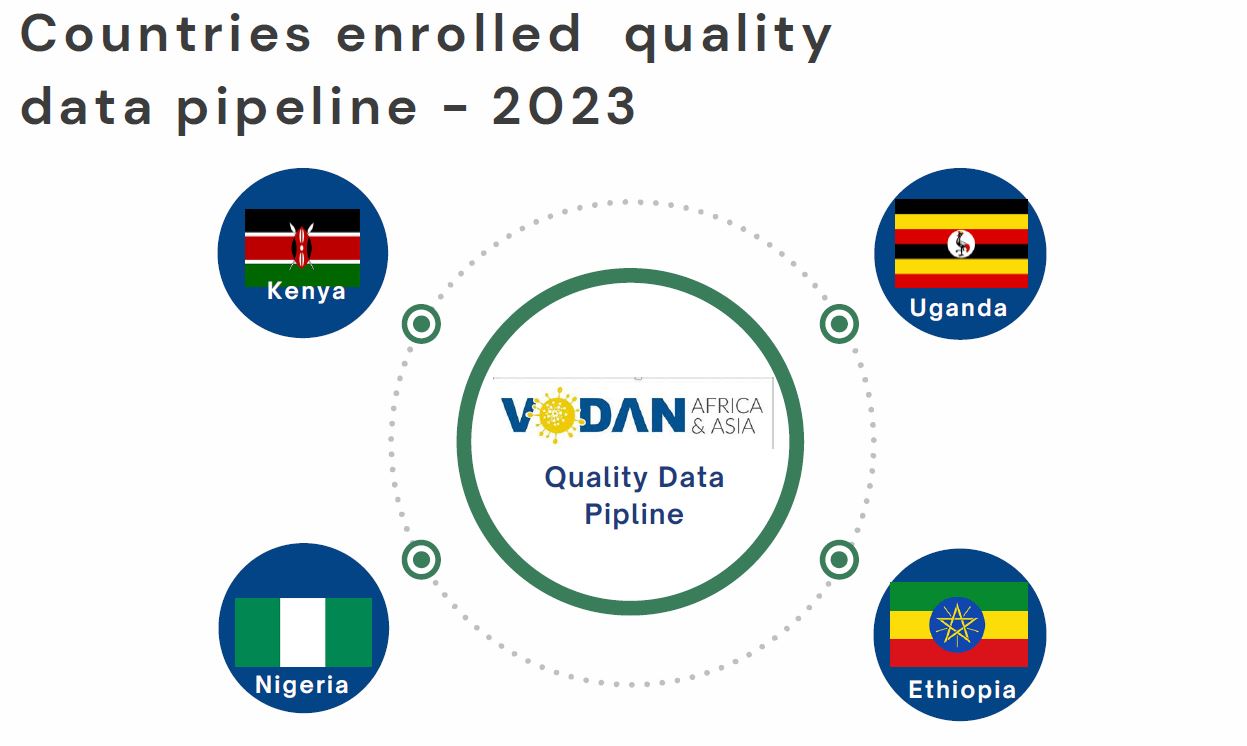
Quality Data Production
"Quality data production is essential for ensuring the integrity, credibility, and reliability of research outcomes. We ensure we train and sensitize each data clerk for transparency and reproducibility, ethical consideration, data quality assurance, open data practice, data diversity and inclusivity, watch closely and follow up for continuous improvement", Mr. Adamu remarked.
The data produced at these health facilities remains at the point of production while ensuring a quality data pipeline. Furthermore, the patient data generated are under the regulatory oversight of Niger State, a sub-national government in North-Central Nigeria.
The data produced were entered into the digital health system using Kobo Collect, a mobile app used for easy collection of data via mobile phone that can be reposited as machine-actionable semantic data into a triplestore from where it can be repurposed for several types of data insights.
Data Privacy and Confidentiality
Another issue covered by the project team at Railway Industrial Clinic was the privacy of patient data. To achieve this, the team signed an agreement letter for the privacy and confidentiality of patient data with the participating health facilities. Furthermore, patient files for VODAN were created at the record offices of the participating health facilities.
Integration Into the Africa Federated Health Space
“We generated about 3000 Outpatient Department (OPD) data and 200 Ante-natal Care (ANC) data in 2023. The data generated has been integrated into the dashboard via CEDAR but with technical issues which we are working to resolve”, Mr. Adamu stated.
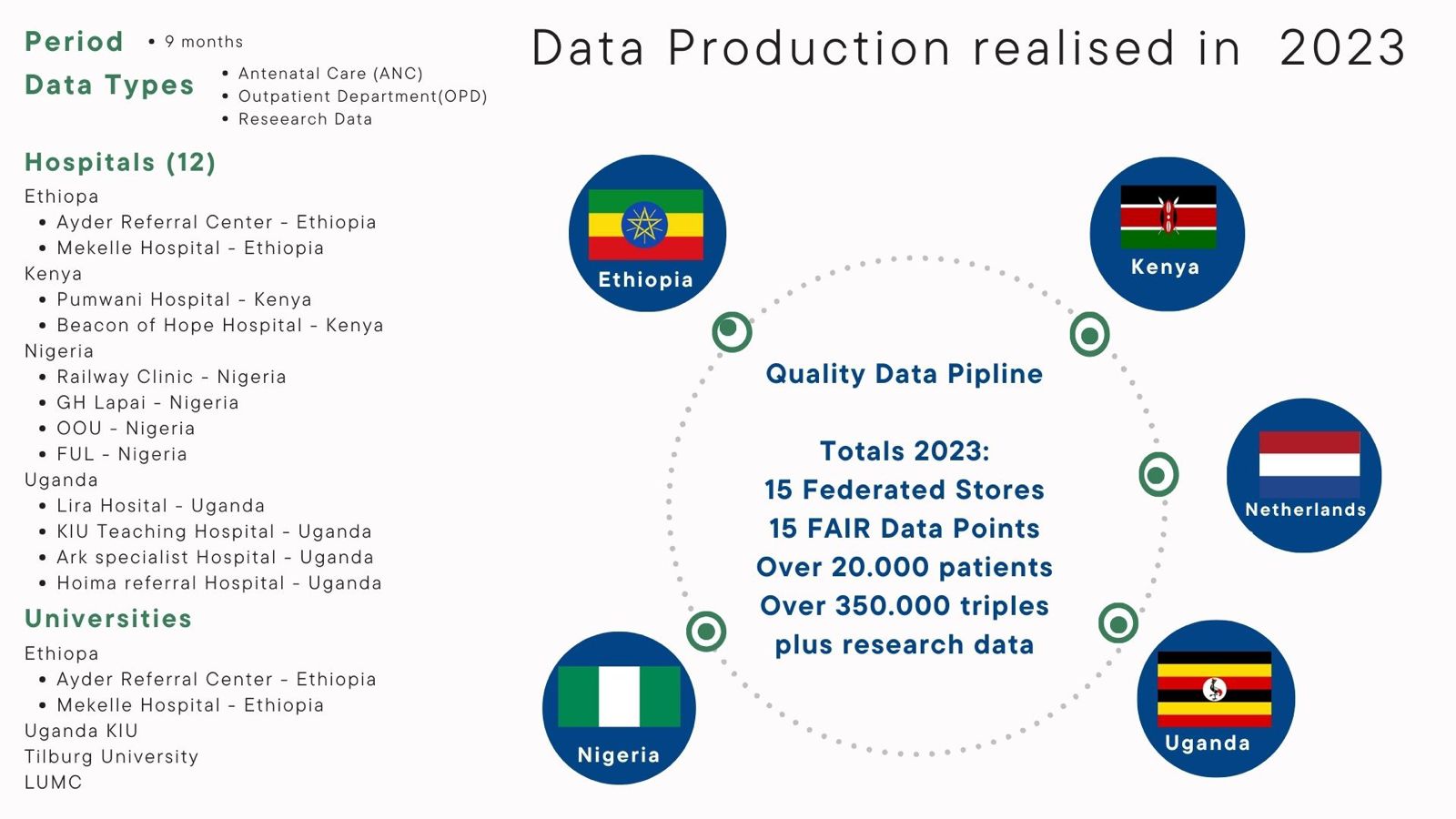
The data generated by Railway Industrial Clinic is part of the Africa Federated Health Space. In 2023, for 9 months, 12 health facilities from Africa (Ethiopia, Kenya, Nigeria and Uganda) and Europe (The Netherlands) generated over 20,000 patient data, and 350,000 triples plus research data. The aim is to aggregate these data into a federated health space for Africa.
The Federated CEDAR System for Interoperable Patient Data Entry was developed by Data Stewards across Africa with the support of various technical advisors to collect, aggregate, and display in real-time, patient data collected from various health facilities under the VODAN Africa Network.
